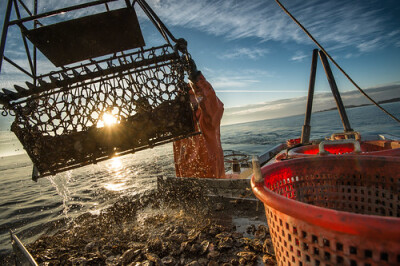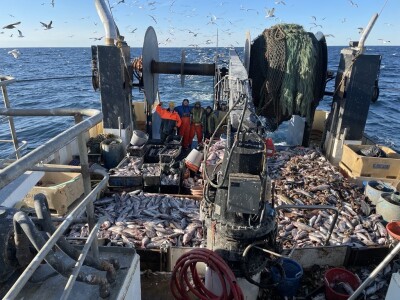This week I was in Seattle for the tail end of the North Pacific Fishery Management Council Meeting and to help host the first of our public hearings with the Center for Sustainable Fisheries on making changes to the Magnuson Act.
We got some great feedback and enjoyed a couple of hours of discussion. But the real drama was taking place north of us in Anchorage at the Upper Cook Inlet Board of Fisheries meeting. There the Alaska Fisheries Conservation Alliance is getting their third shot at setnetters in Cook Inlet by proxy, with the continued campaign to divert commercial fishing quota to sport fishermen.
After the alliance failed in their attempt to create a ballot initiative to reallocate commercial quota, their next step was to file a suit in Alaska's Superior Court challenging Lt. Gov. Mead Treadwell's decision.
Now the Board of Fisheries is making moves to restrict setnetters by cutting their fishing time and restricting their areas, as well.
The board adopted a fishing plan submitted by a sportfishing organization, which the Alaska Department of Fish & Game testified would make current escapement goals in the Kenai River an unlikely challenge to achieve. The local drift fleet also submitted a proposal, which the board did not discuss or deliberate, according to the Homer News.
The push, according to board chair Karl Johnstone, is to expand public (sport) access to salmon runs, despite the concern that allocating more quota for sportfishing interests is likely to result in overescapement, which in turn results in lower returns for following years.
“Our livelihood depends on a stable allocation of sockeye, and a healthy sockeye return to the Kenai and Kasilof," Arni Thompson, who represents processors and commercial fishermen as the executive director of the Alaska Salmon Alliance, told the Homer News. "So if you go too far with providing fish for all Alaskans, then you really do stand to jeopardize the healthy runs to the Kenai River. This (new plan) could start resulting immediately in some very large over-escapements.”
The meetings are expected to run over by at least two days, ending around Saturday, Feb. 15.






